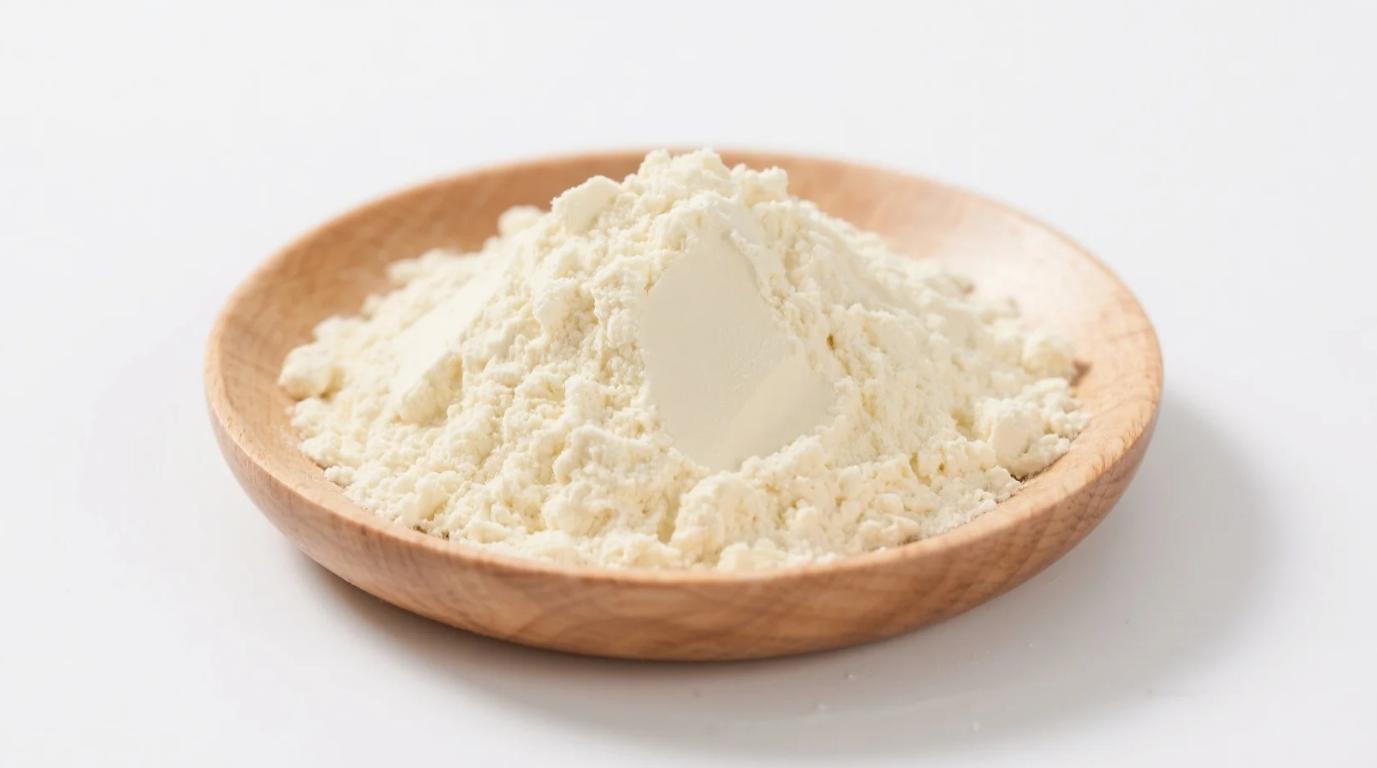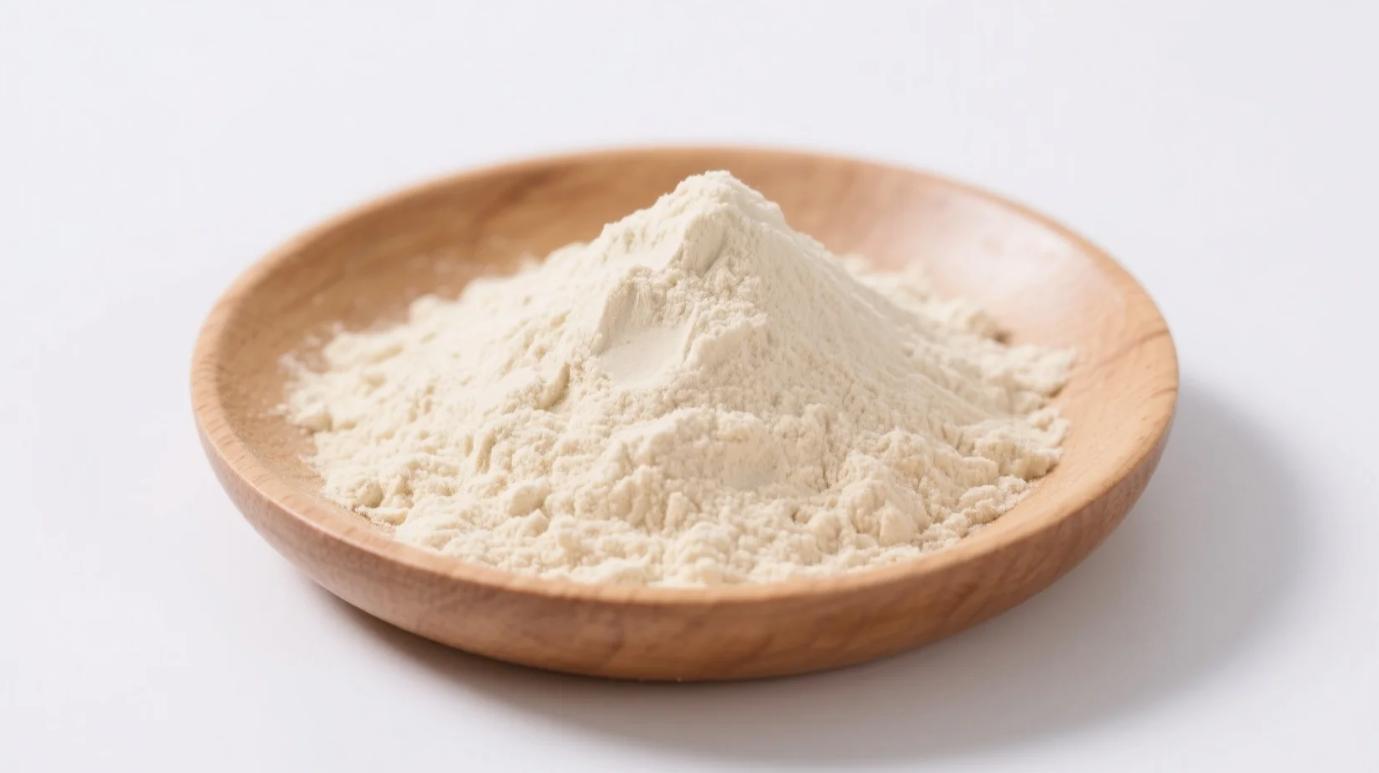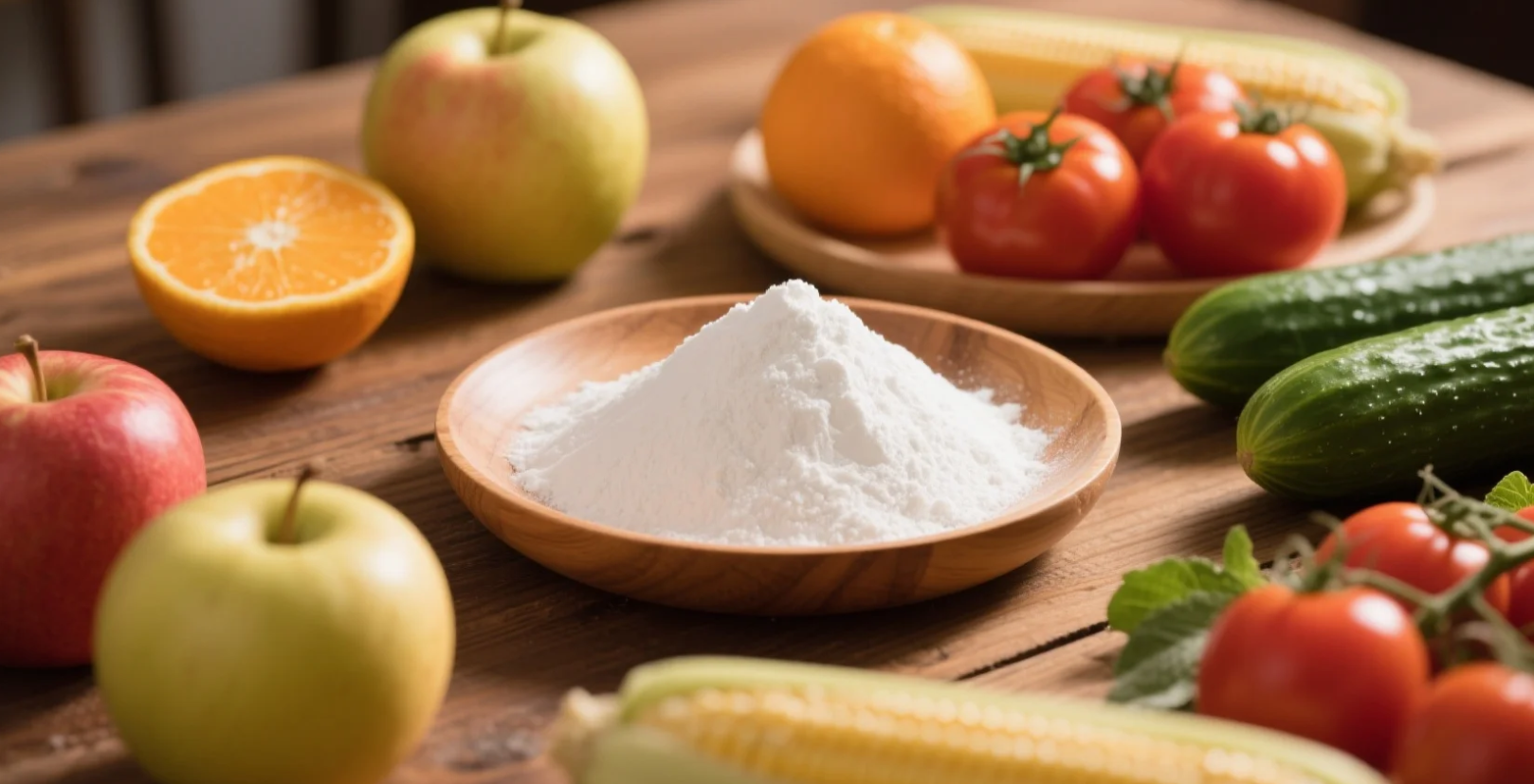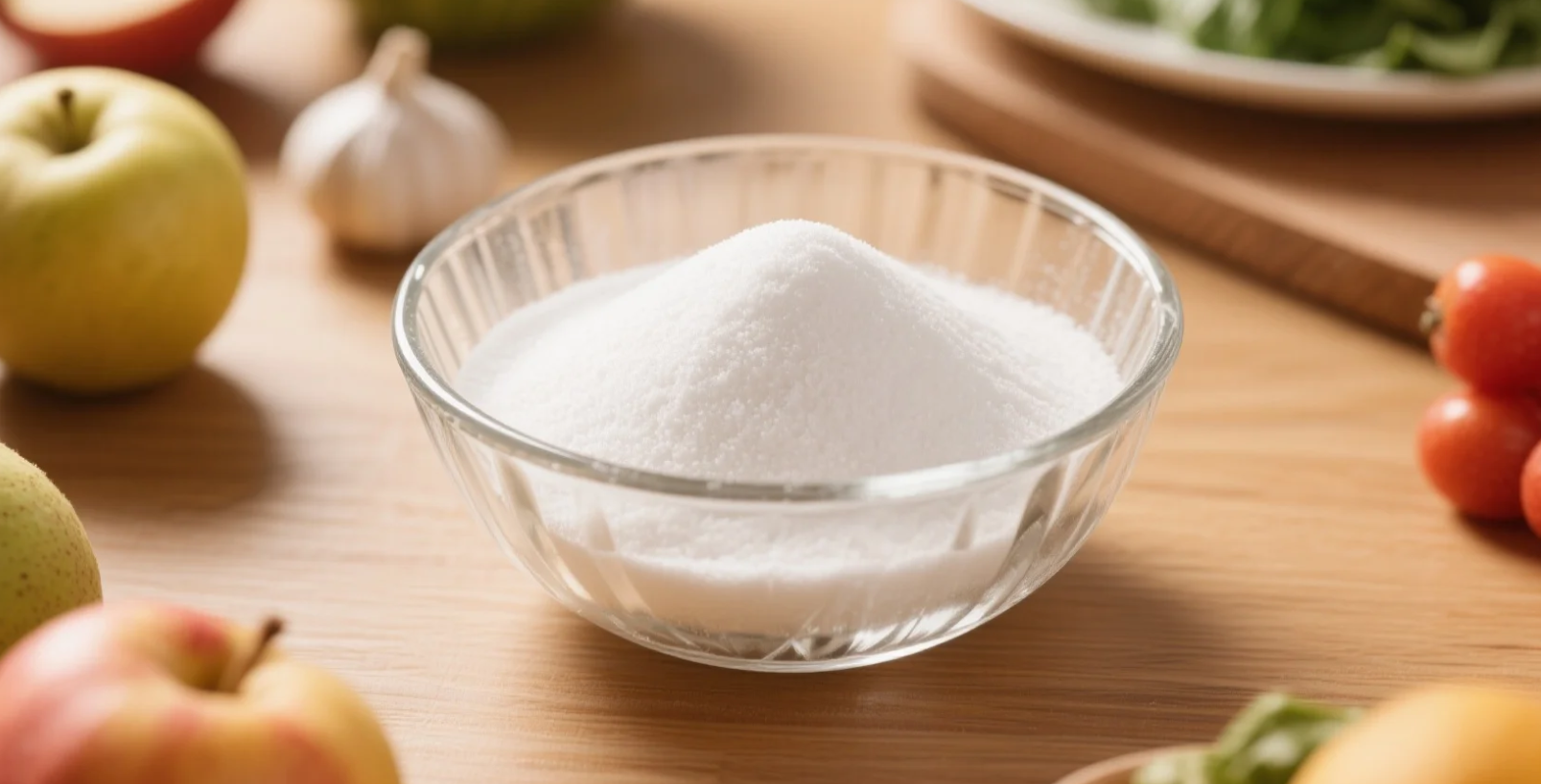Table of Contents
While organic soy protein powder offers plant-powered benefits for many, it’s not universally suitable. Here’s who should reconsider—and safer alternatives to explore.
The “Avoid” List: Key Groups at Risk
| Group | Why Caution Needed | Evidence-Based Insight |
|---|---|---|
| Thyroid Conditions | Soy isoflavones may interfere with hormone balance | → Can suppress thyroid function in 12% of Hashimoto’s patients (Clinical Endocrinology, 2011) |
| Estrogen-Sensitive Health Issues | Phytoestrogens mimic estrogen | → Not advised for ER+ breast cancer survivors or endometriosis |
| Soy Allergies | Triggers range from hives to anaphylaxis | → 70% of legume-allergic individuals react to soy |
| G6PD Deficiency | Fava bean-type reaction risk | → Triggers hemolytic anemia in rare cases |
| Infants & Toddlers | Phytates block mineral absorption | → Reduces iron/zinc uptake by up to 50% |
Note: Organic certification reduces pesticide risks but doesn’t alter soy’s inherent compounds.
Problem Areas Unpacked
Thyroid Function Interference
Soy isoflavones (genistein/daidzein) can inhibit thyroid peroxidase—an enzyme critical for hormone production. High-risk scenario:
- Taking soy protein with hypothyroidism medication
- Iodine-deficient diets (e.g., no seafood/salt)
- Solution: Wait 4+ hours after thyroid meds; prioritize iodine-rich foods
Estrogen-Like Effects
Though not identical to human estrogen, soy’s isoflavones bind to estrogen receptors. Exercise caution if you have**:
- History of hormone-responsive cancers
- Unexplained breast tenderness or fibroids
- Alternative: Pumpkin seed protein (phytoestrogen-free)
Gut Health Complications
Saponins and trypsin inhibitors in soy may aggravate:
- Leaky gut syndrome (increases zonulin protein)
- IBS-C symptoms (fermentable oligosaccharides)
- Better option: Hydrolyzed collagen or rice protein
When “Organic” Isn’t Enough
Even top-tier organic soy protein contains “anti-nutrients”:
➔ Phytic Acid – Binds to minerals like iron/magnesium
➔ Trypsin Inhibitors – Reduces protein digestion by 30%
➔ Oligosaccharides – Ferments in colon → gas/bloating
Processing Matters: Isolates reduce these by 70% vs. concentrates. Fermented options (tempeh powder) lower risks further.
Safer Swaps for Restricted Groups
| Condition | Recommended Alternative | Key Advantage |
|---|---|---|
| Thyroid Issues | Pea Protein Isolate | Zero phytoestrogens; rich in arginine |
| Estrogen Sensitivity | Pumpkin Seed Protein | Supports testosterone naturally |
| Soy Allergies | Sacha Inchi Protein | Complete protein; Omega-3 rich |
| Gut Health Concerns | Hydrolyzed Beef Protein | Pre-digested; gut-healing collagen |
Pro Tip for Moderate Use
If avoiding soy isn’t essential:
- Choose fermented soy protein (miso/tempeh-based powders)
- Combine with vitamin C (bell peppers/citrus) → counters phytates
- Limit to ≤20g daily → studies show minimal hormonal impact below this threshold
Medical Disclaimer:
“Consult your healthcare provider before using soy protein if pregnant, nursing, taking thyroid meds, or managing chronic conditions. Organic labels address farming methods—not biochemical compatibility.”
Organic soy protein shines for many—but those with hormone imbalances, allergies, or gut sensitivities should proceed cautiously. When in doubt, opt for targeted alternatives that align with your biology. Always prioritize individualized health over trends.
Sources: FDA GRAS Notice 392, NIH Thyroid Journals, British Journal of Nutrition (2010)
Related Products
Organic Soy Protein Powder
Organic soy protein offers 65-90% complete plant protein with heart-health benefits. Options…
Organic Brown Rice Protein Powder
Mesh: 300, 600, 1000mesh
Organic Pea Protein Powder
A high-purity, 80% vegan protein isolate with a robust amino acid profile.…




